While Promoting His Memoir, JD Vance Repeatedly Said U.S. Manufacturing Jobs ‘Aren’t Coming Back’ and Bashed ‘Hyper-Protectionists’
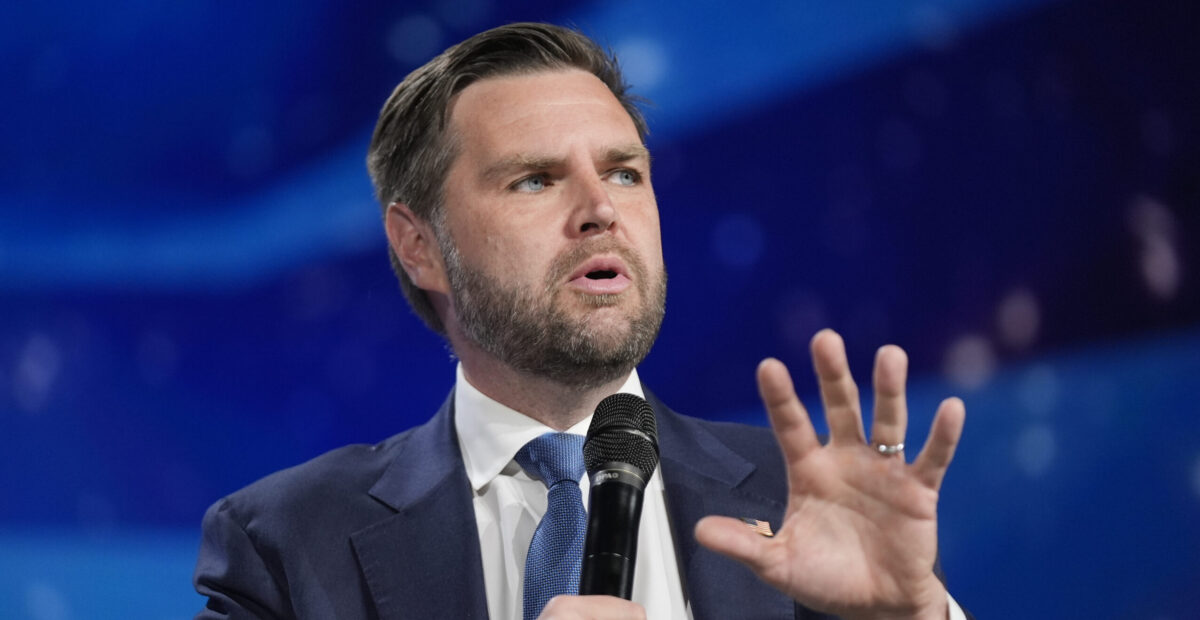
AP Photo/Ross D. Franklin
Vice President JD Vance is clapping along with the MAGA faithful to President Donald Trump’s tariffs this week, but in the past he has repeatedly insisted that U.S. manufacturing jobs were not coming back and dismissed efforts to force them to return with tariffs as a futile exercise by “hyper-protectionists,” according to a review of his social media posts and interviews over the past several years by CNN’s Andrew Kaczynski and Em Steck.
In a Rose Garden press conference Wednesday afternoon, the president declared it to be “Liberation Day” and announced a series of sweeping new tariffs, including 10% on virtually all imported goods, 25% on foreign automobiles, and a long list of what he described as “reciprocal tariffs” on dozens of countries around the world.
The markets were rattled after Trump’s plans were confirmed, with U.S. stock futures plummeting in after-hours trading, and continuing to have historically bad days on Thursday and Friday. Even a number of Republicans have spoken out to criticize the tariffs as causing unnecessary economic harm.
The CNN article found that tariffs were yet another Trump-adjacent issue where Vance, who had once bashed the president as someone who could be “America’s Hitler,” had radically reversed his previous views.
When Vance was gaining fame for his Hillbilly Elegy memoir beginning in 2016, as Trump was first running for president, he “argued in repeated interviews, speeches and social media posts that automation and technological change were the primary forces reshaping the American economy and said he opposed ‘hyper protectionists’ and their policies,” reported CNN’s Kaczynski and Steck, listing several direct quotes from Vance that rejected efforts to reverse longstanding U.S. support for free trade:
“So many of these jobs that have disappeared from these areas just aren’t coming back. They haven’t disappeared so much from globalization or from shipping them overseas,” Vance said in a January 2017 interview with Education Week. “They’ve largely disappeared because of automation and because of new technological change.”
Other comments and social media activity from Vance during that time directly took aim at Trump’s trade rhetoric. Shortly after Trump met with manufacturing CEOs in February 2017 and publicly railed against America’s trade deficits, Vance pushed back.
“Can’t be repeated enough: if you’re worried about America’s economic interest, focus more on automation/education than trade protectionism,” Vance wrote…
Even when Vance acknowledged that globalization had caused deep harm in some communities, citing research that linked increased exposure to Chinese imports with strain on local labor markets, he argued that those downsides did not justify a sweeping reversal of US trade policy.
“Now does that mean that we should be hyper-protectionists in our approach to trade? I would argue no,” Vance said at an April 2017 event. “But should we be cognizant of the fact that when you have some of those communities that are really exposed to trade, it can very often harm them or at least cause some pretty negative consequences, even as it might cause some positive ones. I think we have to.”
Vance insisted that it was not possible to “go backwards in time” to bring back these jobs, referred to such efforts as trying to fight “yesterday’s war,” arguing that instead the “solution to that problem” was to retrain Americans for “the 21st-century workforce.”
“Vice President Vance has been crystal clear in his unwavering support for revitalizing the American economy by bringing back manufacturing jobs and sticking up for middle class workers and families since before he launched his U.S. Senate race, and that is a large part of why he was elected to public office in the first place,” Vance spokesman Taylor Van Kirk told CNN.
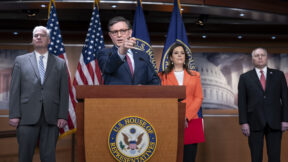
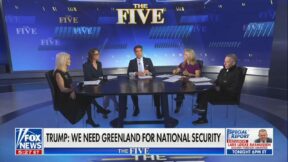
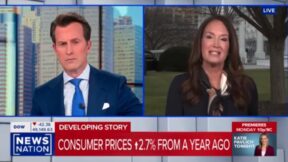

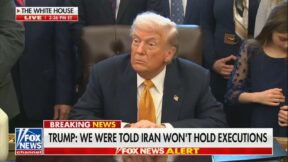
Comments
↓ Scroll down for comments ↓